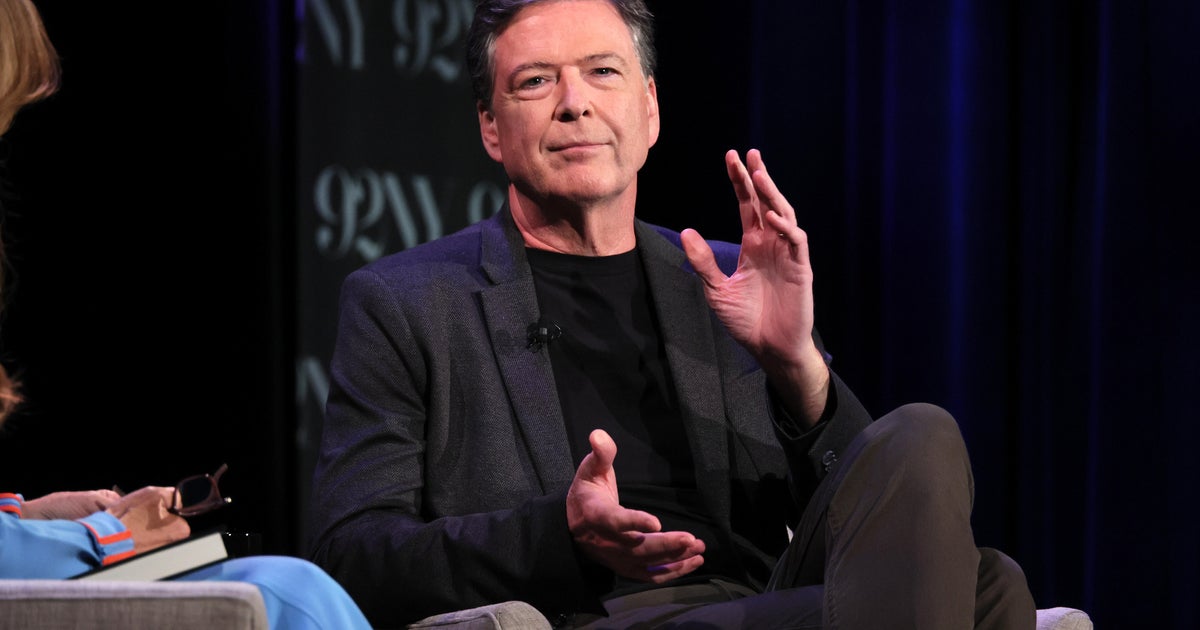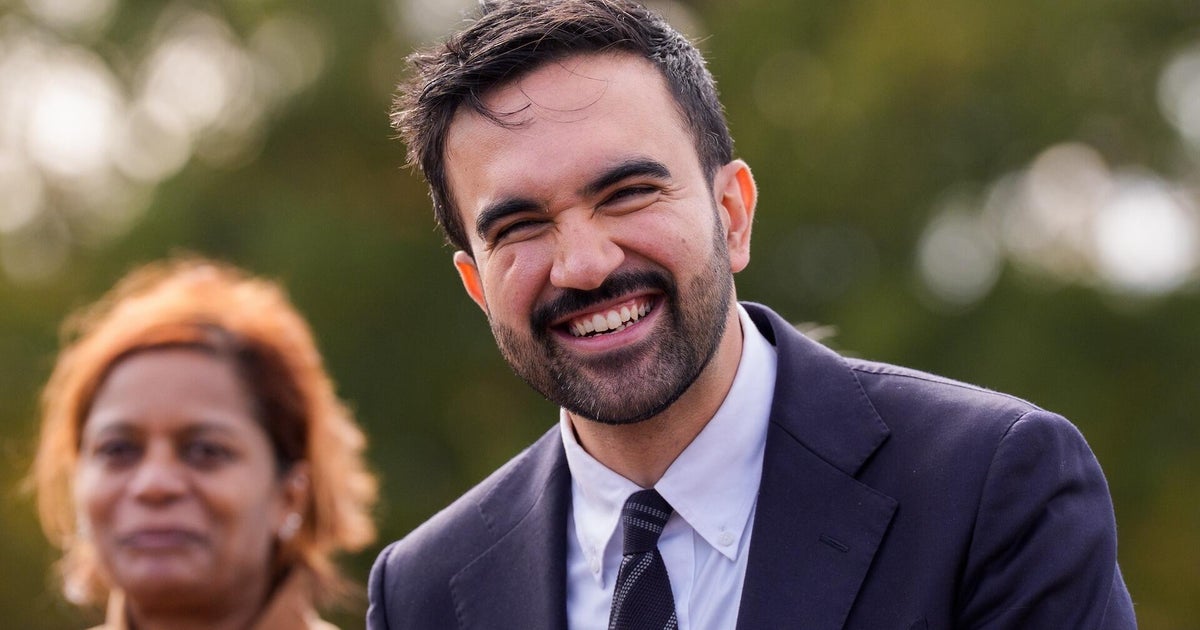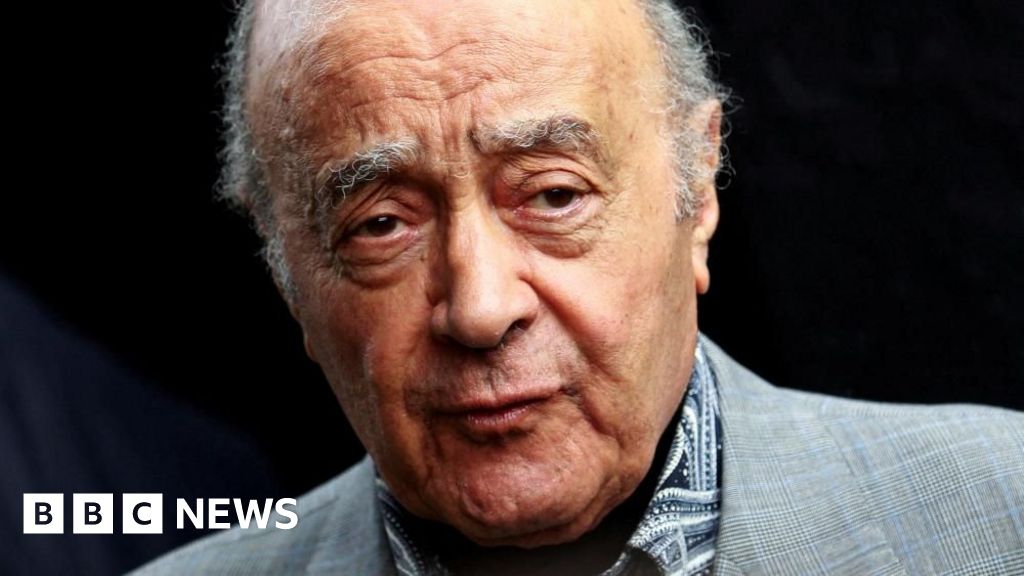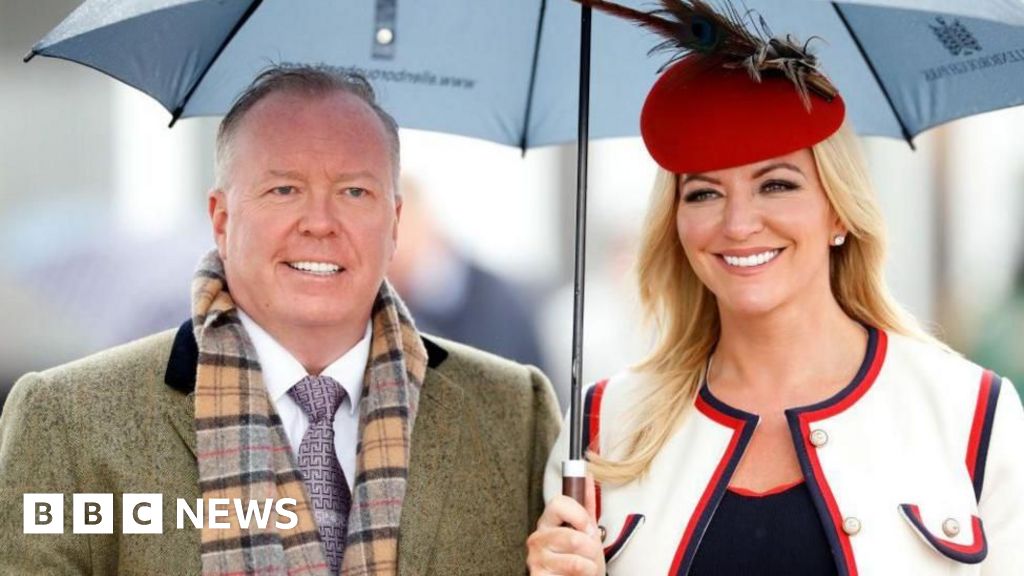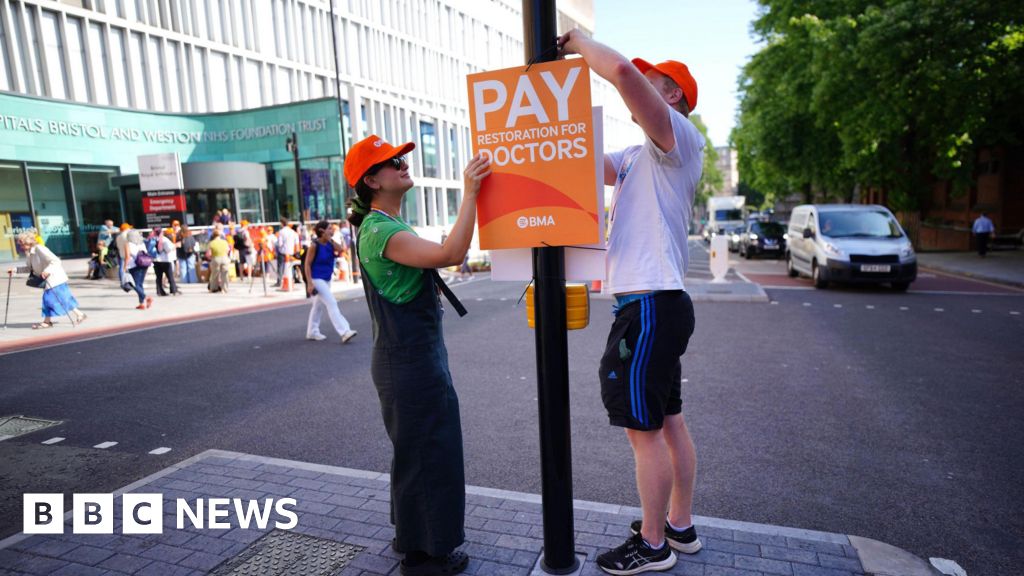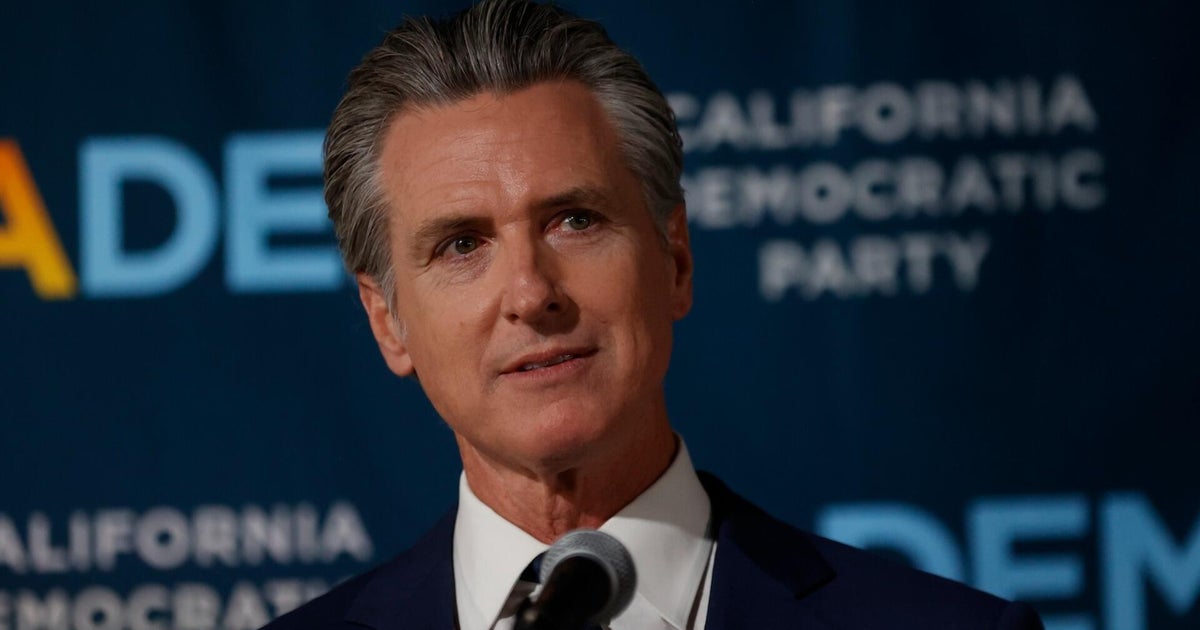Opinion
November 6, 2025 — 5.00am
November 6, 2025 — 5.00am
It can be difficult for parliamentarians to accept that sometimes, less is more. In a profession where performance is measured not by what you say but how much time and attention you soak up saying it, the pithy retort is disappearing faster than inner-city Liberals.
When it comes to law making, verbosity is the enemy of clarity. This extends not just to words printed in a statute, but those tossed around, like a figurative salad, in parliamentary debate. It serves no one when the will of parliament is more difficult to discern than the AFL ruck rules.

Attorney-General Sonya Kilkenny.Credit: Jason South
The Victorian government is currently split on how to extend vicarious liability for historical child sex abuse to religious orders and other organisations. It is an issue of grave importance for people who were sexually abused as children decades ago and are still seeking redress.
It is also an area of the law where saying less may help to do much more.
The government has recognised since last November, when the High Court handed down its judgment in an appeal by the Ballarat diocese of the Catholic Church against a court decision ordering it to pay $230,000 damages for the harm done to a child by one of its priests more than 50 years ago, that the state parliament must clarify its position on vicarious liability.
Loading
The High Court case Bird v DP centred on the repeated sexual abuse of a five-year-old boy, referred to in court documents as DP, in Port Fairy in 1971 by Father Bryan Coffey, a convicted paedophile now dead.
It was not a case, unlike others examined by the royal commission into child sex abuse, which turned on whether the Ballarat diocese shifted Coffey around from parish to parish knowing he was a paedophile priest or otherwise sought to cover up his crimes.
Although this was alleged, a claim of negligence against the diocese was thrown out before it got to the High Court.
Rather, the High Court was asked to decide whether vicarious liability, a well-established common law principle which holds employers responsible for the harm caused by people they employ in the course of their jobs, should be extended to the Catholic Church and its clergy.
Loading
The High Court found that it shouldn’t because priests are not employed – in a strict, legal sense – by the church they serve. It rejected submissions by DP’s lawyers that because the relationship between clergy and a religious order is “akin to employment”, vicarious liability applied.
In the year since that judgment was handed down, advocates for clerical abuse survivors have been lobbying all state governments to legislate to close what they say is an unjust loophole. Religious, sporting and community organisations have meanwhile warned against legislation which pushes the concept of vicarious liability too far.
The ACT last week became the first jurisdiction to legislate in response to Bird v DP. Its new laws extending vicarious liability to anyone “akin to an employee” and “associated with an organisation” were welcomed by survivor advocates.
In Victoria, the issue came to a head last Monday, when Attorney-General Sonya Kilkenny presented to cabinet a draft of her latest reform bill. The problem is not what is written in the bill but what Kilkenny proposed to say about it in her second reading speech – that vicarious liability is not intended to apply to volunteers.
Although Catholic priests would be captured by the proposed laws, some people in positions of responsibility – and with access to children – in other religious and community and sporting organisations would not.
Two ministers present at the meeting but unauthorised to publicly discuss cabinet deliberations said that Deputy Premier Ben Carroll, the parliamentary leader of Labor’s right factions in Victoria, made clear his view that the legislation did not go far enough.
This intervention prompted an angry response by members of the dominant, Socialist Left faction.
The cabinet divisions were confirmed the day after the meeting, when Kilkenny posted a short, curious statement on a government website. It restated her intention to legislate in response to Bird v DP by the end of this year but carried no new details about what this would look like.
“Further details of the legislation will be finalised ahead of introduction,” the statement read.
Loading
Dr Gideon Boas, a barrister who appeared for DP, now a 60-year-old man, in the High Court case, said the Victorian government should make explicit its support for the principle of vicarious liability in child abuse cases but resist the temptation to prescribe who the law should and shouldn’t apply to.
“It is an area of law where parliaments are better off making clear the governing principle but saying less about specifics,” he explained.
“The legislation should leave open the question of who can be in a relationship akin to employment, rather than seek to impose limits and carve outs. It will then be up to the courts to determine to whom the definition extends, including volunteer organisations.”
Boas said this is more in line with how the law governing vicarious liability has evolved in other countries, such as the UK, Canada and Wales, where the courts have soundly developed the application of vicarious liability as part of the common law.
“Courts are best placed to take the legislative words, purpose and context and interpret and apply these to cases with which they have become increasingly familiar in recent years,” he said. “I strongly think that is the way to go about it.”
If Victoria takes this approach, Kilkenny should be able to secure cabinet approval for her legislation. Unfortunately, we live in an age where politicians forever promise to have more to say.
Chip Le Grand is state political editor.
Most Viewed in Politics
Loading





